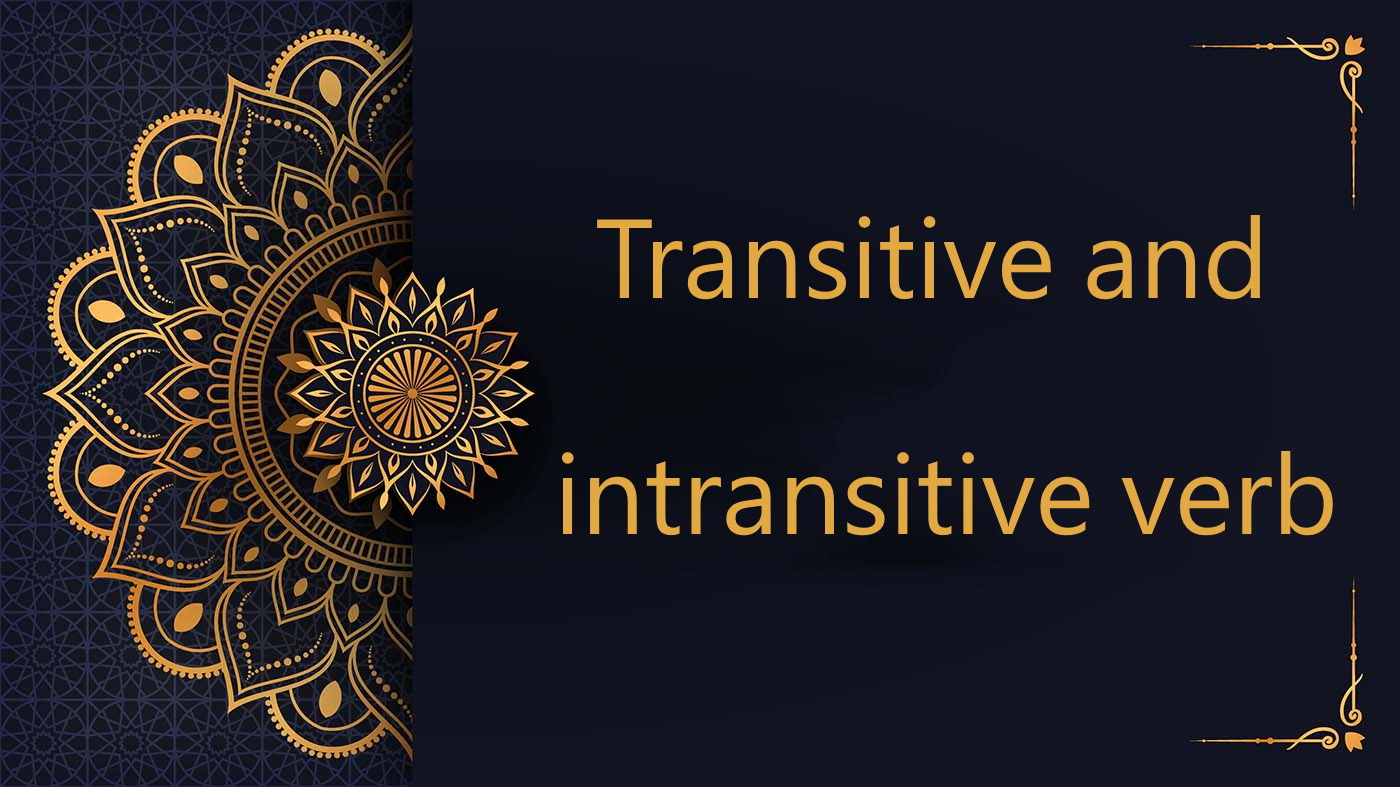Transitive & Intransitive Verb in Arabic – الْفِعْلُ المُتَعَدِّي و اللازِم

Transitive & Intransitive Verb in Arabic – الْفِعْلُ المُتَعَدِّي و اللازِم Introduction In the Arabic language, verbs are categorized into two main types: intransitive verbs, known as “اَلْفِعْلُ اللَّازِمُ,” and transitive verbs, referred to as “اَلْفِعْلُ الْمُتَعَدَّى.” These distinctions play a crucial role in understanding the structure and usage of verbs in Arabic grammar. 1. […]

